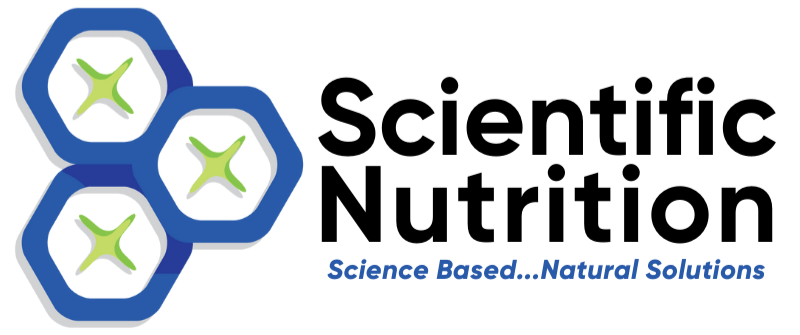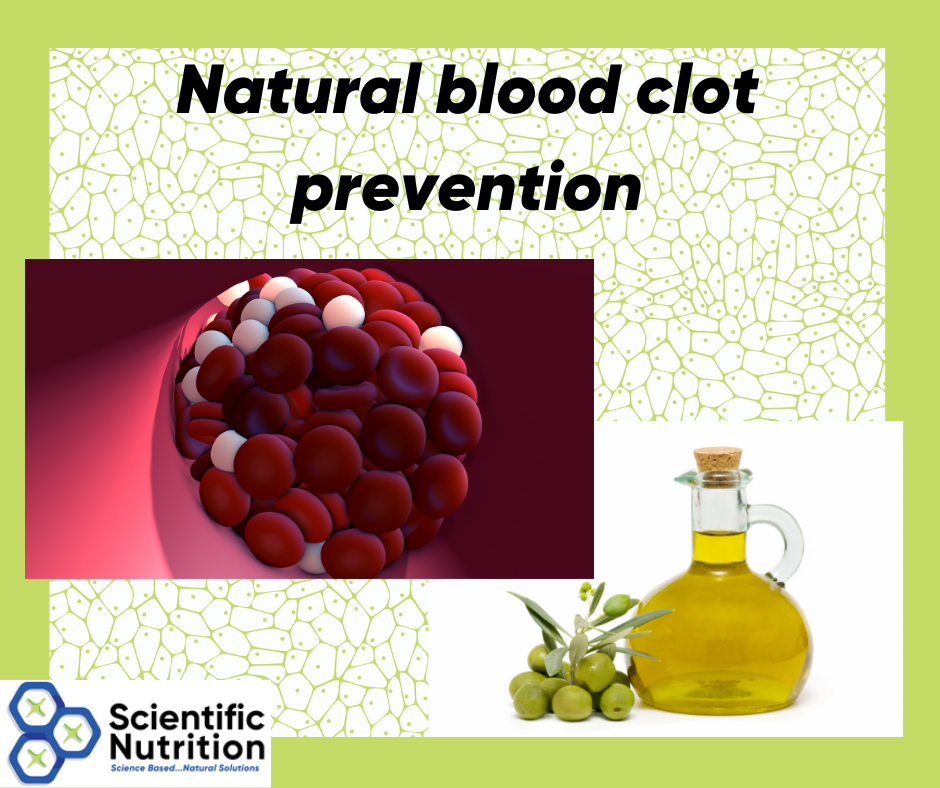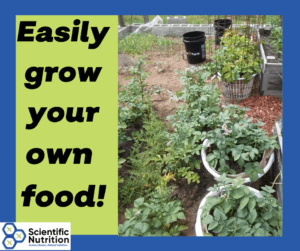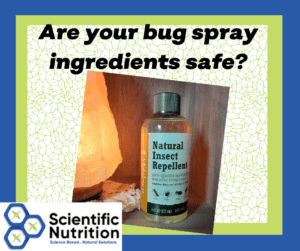Up to 90% of your risk of having a heart attack or stroke due to blood clots may be linked to your lifestyle. The wonderful is that you can change your risk starting today! What you eat and if you exercise as well as smoking factor into your odds. In February we like to focus on your heart health so let’s change at least one thing to benefit your longevity.
What is the best heart-healthy diet?
There are SO many diets recommended that it can be overwhelming. Eating a diet that your biochemistry dictates on a Hair Mineral Analysis is always the most precise as it can tell you exactly what you are lacking. This gives you the advantage to hone in on foods that will increase your mineral level and target the precise supplementation your body needs.
Of the generally recommended diets, the Mediterranean is one of the best. It contains foods with protective factors against cardiovascular disease. It has benefits beyond the heart and brain but there are a few items I would not advise such as:
- Potatoes and nightshade vegetables which cause inflammation.
. - Fruits that we can get the same vitamins from within our cooked vegetables and eliminate the natural sugars that raise your risk of diabetes. If your Hair Analysis doesn’t indicate any sugar issues, a piece of organic, non-GMO fruit may be fine.
. - Fish and seafood (due to large amounts of heavy metals).
. - Whole grains on a regular basis as they can trigger inflammation and are soaked in pesticides.
Does olive oil prevent blood clots?
One big part of a healthy diet would include healthy fats such as Extra Virgin Olive Oil or EVOO. It is a monounsaturated fatty acid that may decrease the amount of LDL (bad) cholesterol in the blood. It is rich in polyphenols that protect your tissues against oxidative stress or cell death. EVOO can also aid in lowering glucose (blood sugar) levels after a meal.
Some causes of heart attack and strokes?
Blood clots
Blood platelet aggregation (clotting) can cause a cardiovascular issue as well as a stroke. One food that will help to eliminate clumping is EVOO. It contains apoA-IV, a component that prevents the “sticking” of the platelets that cause clots. By boosting your apoA-IV in your HDL or good cholesterol, you are helping to stop the clot that is often called thrombosis.
Stress
In 2013 Harvard Health explained how anger or chronic stress will amplify our fight or flight triggering anxiety[iii]. It also shows that an acute trauma, such as a sudden death of a loved one can cause a heart attack. Using the methods I’ve mentioned for stress relief, is key to taking down the adrenal burnout to lift some of the burdens on your heart.
Heavy metal toxicity
The Isr. Med. Assoc. Journal found a direct link in 2004 to heavy metals as a trigger for the first event of an acute coronary syndrome [i]:
The ingestion of heavy meals can trigger the onset of an ACS event. Education of the population to avoid heavy meals, especially in people at high risk for coronary heart disease, should be included in the prevention of ACS. Research regarding specific nutrients that may act as potential triggers for ACS should be considered.
When you see the heavy metal accumulation on a Hair Analysis Test, you can then utilize my expertise in removing them as a possible threat. They not only affect your heart but also other tissues as well as your mental and emotional states.
What can blood clots do to you?
A blood clot can stop the flow of blood to the heart or brain[ii], not to mention the lung. Those found with low levels often have cardiac-related issues or diseases. By preventing the cells from clumping, you can cut your risk significantly.
What time of day do most heart attacks and strokes occur?
Researchers have found that 6 a.m. is the most common time as apoA-IV is at its lowest, allowing for clotting[iv]. Eating foods that are heart-healthy at your dinner meal or snack can help to keep your apoA-IV higher throughout the night.
After we eat a meal the platelet activity increases along with the fat levels found in the blood. We also have higher sugar levels and internal inflammation. In a 2018 study, mice with adequate apoA-IV had no clots developed during an artificial inducing clot procedure! The mice that lacked the gene[v] for apoA-IV developed an artery-blocking clot in small and large vessels[ii].
How does EVOO help the heart?
The western diet is particularly high in cheap and harmful palm oil as well as canola oil. A study in 2007 found that boosting the apoA-IV levels with EVOO decreased important factors[vi] including:
- inflammatory response
- the size of accumulated plaque
- the lesions found in the arteries of those with atherosclerosis (fatty deposits and calcification)
The amazing thing about this mouse study is that these benefits were found even when the mice were still eating palm oil!
What are some heart-healthy foods?
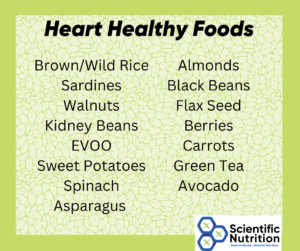
Foods such as EVOO can be seen as a neutraceutical which is a food or natural supplement thought to prevent disease. By simply changing your choice of oil you will lower your risk of cardiovascular disease with this protective component naturally.
If you want to significantly improve your cellular health I highly recommend taking a Protandim supplement. It activates an NRF2 pathway at the cellular level to remove rogue cells. It has been scientifically proven to reduce up to 40% of your oxidative stress (free radicals) that cause disease in just 30 days.
In conclusion:
The takeaway is that there are foods you can integrate to nourish and heal your body. The choices and consequences of your health are 100% in your hands and mouth.
If you are ready to make better choices and feed your body exactly what your Hair Analysis shows you need, LET’S CHAT about your health goals!
Learn more about foods that cause inflammation.
[i] https://pubmed.ncbi.nlm.nih.gov/15609883/
[ii] https://pubmed.ncbi.nlm.nih.gov/30190457/
[iii] https://www.health.harvard.edu/heart-health/stress-and-your-heart
[iv] https://pubmed.ncbi.nlm.nih.gov/25883568/
[v] https://pubmed.ncbi.nlm.nih.gov/30959835/
[vi] https://www.sciencedirect.com/journal/atherosclerosis/vol/194/issue/2
Copyright Scientific Nutrition, LLC 2023
